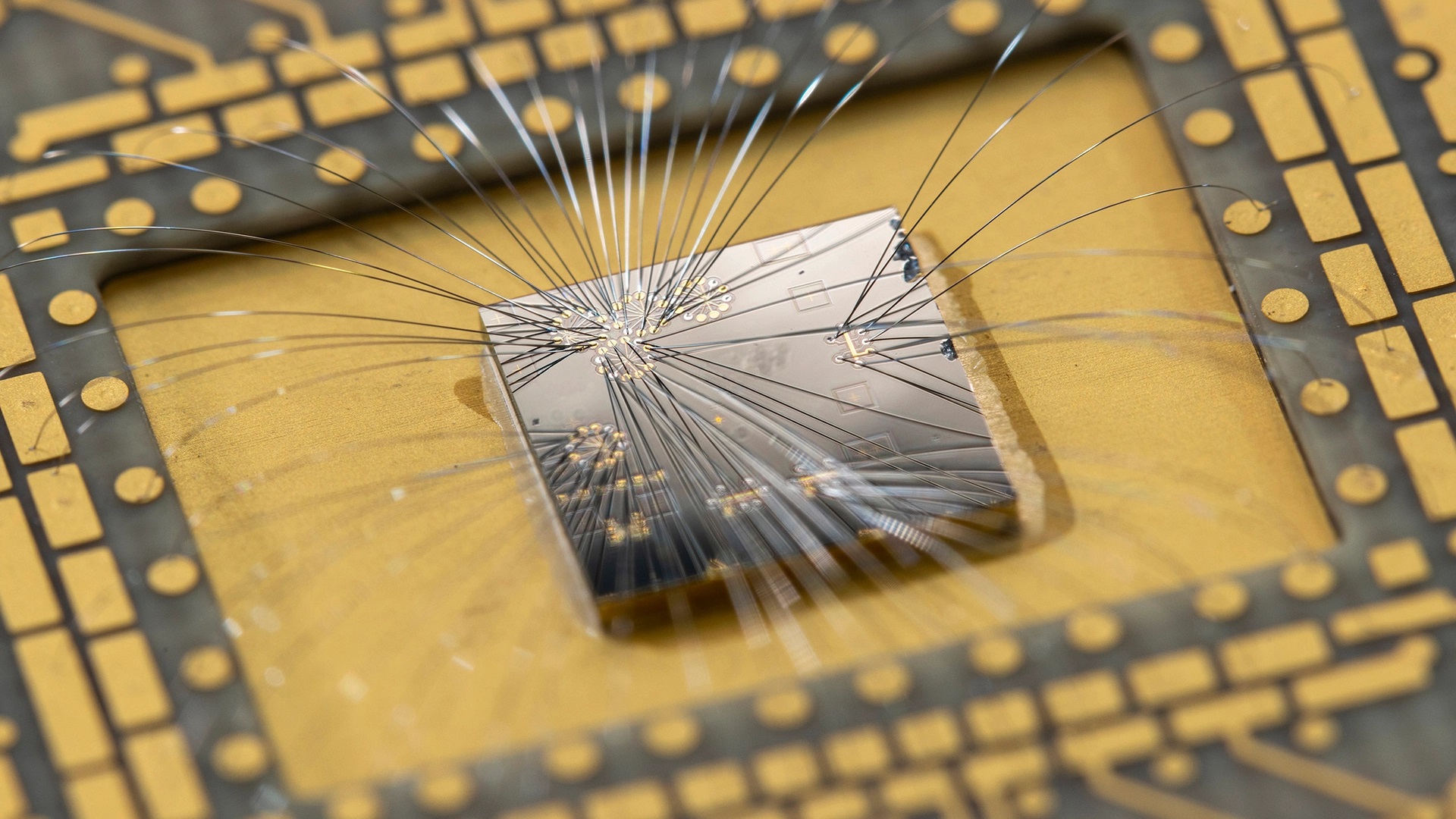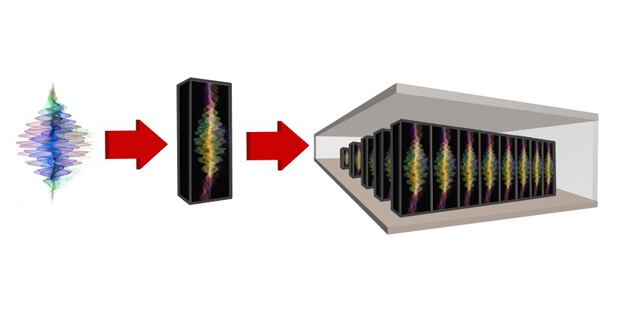Microsoft’s Quantum Computer: A Glimpse Into the Future of Computing
In recent years, quantum computing has emerged as the next frontier in digital innovation. With the potential to revolutionize the way we process and analyze data, quantum computers offer unparalleled speed and efficiency. Microsoft is one of the key players in this field, with its ambitious goal of building a scalable quantum computer in the next decade. In this article, we will explore the promise of Microsoft’s quantum computer and what it could mean for the future of computing.
What is Quantum Computing?

Quantum computing is a branch of computing that draws on the principles of quantum mechanics to process information. Unlike classical computers, which operate on bits (either 0 or 1), quantum computers use quantum bits, or qubits, which can simultaneously represent both 0 and 1. This unique property allows quantum computers to perform certain calculations much faster than classical computers.
Microsoft’s Quantum Computer: An Overview

Microsoft is one of the leading companies in the race to build a practical quantum computer. The company’s researchers are working on a topological qubit-based approach, which uses a type of particle called anyons to encode and store data. This approach has several advantages over other types of qubit-based quantum computers, including greater stability and the ability to perform error correction. Microsoft’s ultimate goal is to build a scalable quantum computer that can handle a wide range of real-world problems.
Current Progress
Microsoft has already made significant progress in its quantum computing efforts. The company has built a prototype quantum computer that uses a few qubits to perform simple calculations. It has also developed a programming language called Q# that allows developers to write quantum algorithms. Microsoft is also sponsoring a program called Quantum Impact that provides funding and resources to researchers working on quantum computing projects.
The Challenges of Building a Quantum Computer
Building a practical quantum computer is an incredibly difficult task. Quantum computers are extremely sensitive to external interference and require a highly-controlled environment. They also require a new set of programming languages, algorithms, and development tools. Additionally, because quantum computing is such a new field, there is still much that researchers don’t know about how quantum computers will perform on real-world problems.
The Impact of Microsoft’s Quantum Computer

If Microsoft is successful in its efforts to build a practical quantum computer, the impact could be profound. Quantum computers could be used to solve complex mathematical problems that are currently intractable on classical computers, leading to breakthroughs in fields such as finance, drug discovery, and materials science. Quantum computers could also improve our ability to simulate large-scale systems, such as the behavior of molecules or climate patterns. The possibilities are almost endless.
Business Applications
Businesses are already exploring the potential of quantum computing. For example, JP Morgan is working with IBM to explore how quantum computing could be used to optimize financial portfolios. Other applications could include optimizing supply chains, improving logistics, and optimizing manufacturing processes.
Societal Impact
The societal impact of quantum computing could also be significant. By improving our ability to process data, quantum computing could help us tackle some of the world’s most pressing problems, such as climate change, disease, and poverty. It could also revolutionize the field of cryptography, making it much more difficult for hackers to break into secure systems.
Conclusion

Microsoft’s quantum computer represents a major step forward in the development of this revolutionary technology. While there are still many challenges to overcome, the potential of quantum computing is too great to ignore. As Microsoft and other companies continue to push forward in this field, we can expect to see quantum computing become increasingly important in the years to come.
FAQs

1. When will Microsoft’s quantum computer be available?
Microsoft has set a goal of building a scalable quantum computer within the next decade. However, it’s impossible to say exactly when a practical quantum computer will be available.
2. What are the major challenges in building a quantum computer?
Quantum computers are extremely difficult to build and operate. They require a highly-controlled environment and are extremely sensitive to external interference. They also require new programming languages, algorithms, and development tools.
3. What are the potential business applications of quantum computing?
Quantum computing could be used to optimize financial portfolios, improve supply chain logistics, and optimize manufacturing processes, among other applications.
4. How will quantum computing impact society?
Quantum computing could help us tackle some of the world’s most pressing problems, including climate change, disease, and poverty. It could also revolutionize the field of cryptography, making it much more difficult for hackers to break into secure systems.
5. What are some of the limitations of quantum computing?
Quantum computers are not a replacement for classical computers. They are only able to perform certain types of calculations much faster than classical computers. Additionally, the development of quantum computing is still in its early stages, and there is much that researchers don’t know about how quantum computers will perform on real-world problems.

